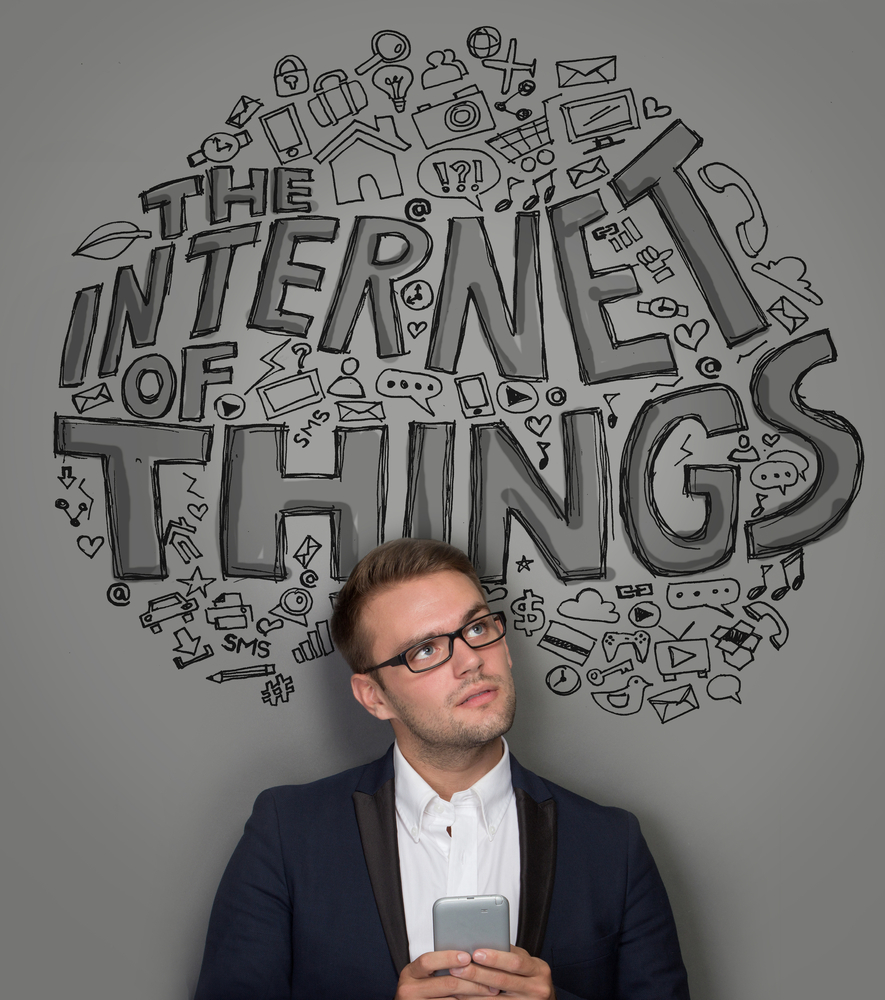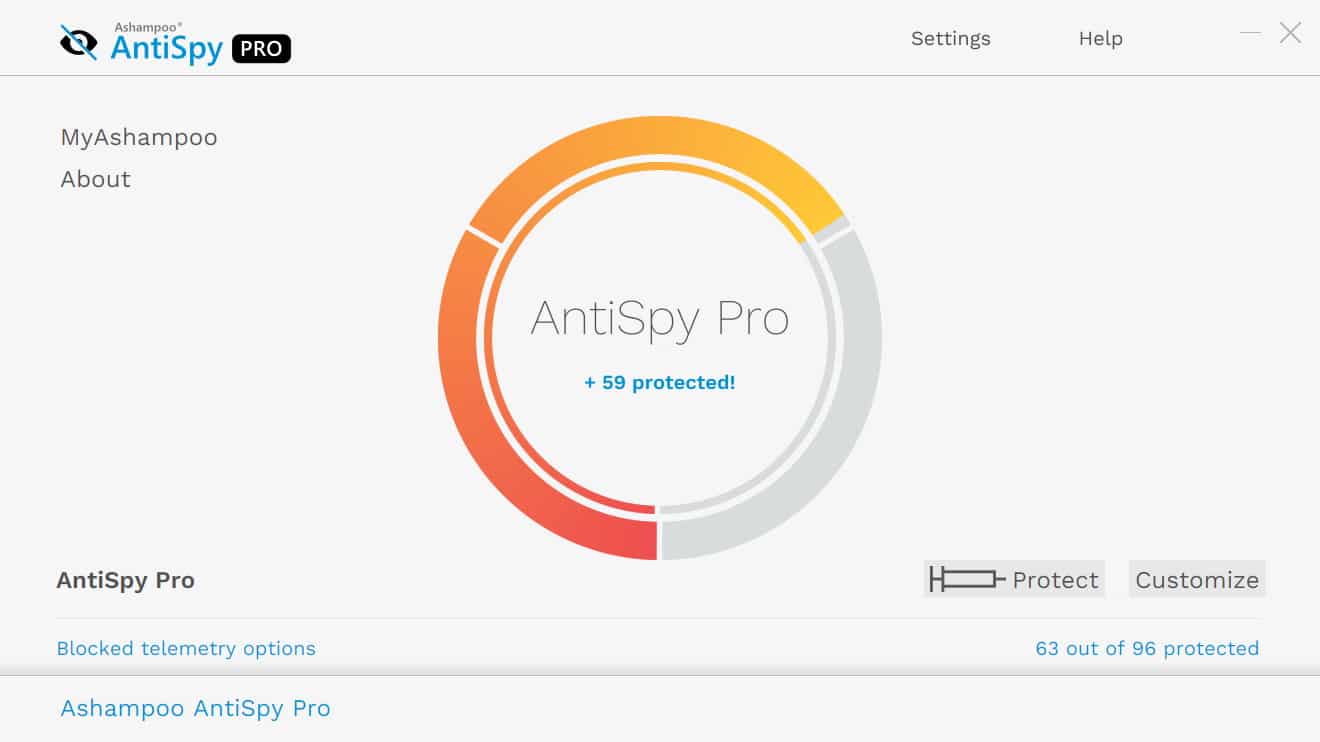
Top 5G core (5GC) and mobile network predictions for 2021
Contain your excitement; 5G is coming (again). However, wasn’t it actually launched over two years ago?
For those not familiar with the nuances of 5G technology, 5GC (core or standalone) takes 5G deployment to the next level and replaces the 4G packet core with a new, cloud-native core using containers and following 3GPP specifications (release 15). This is somewhat separate from the market-by-market launch that most operators publicize, and the activity is less visible to the casual subscriber. Below, I have predicted some of the key 5GC deployment and adoption trends for 2021.

Streaming video: Breaking down silos for data disruption
It’s no secret streaming video is on the rise. Just last week, Netflix announced it surpassed 200 million subscribers after its largest ever year of growth. Peacock, part of Comcast, launched just six months ago and now boasts 33 million subscribers. The list of streaming announcements goes on and on while competition gets fiercer by the day.
There’s talk about the need to break down data silos across nearly every single industry, but the streaming video industry faces challenges and opportunities which make it uniquely ripe for data disruption. The explosion of streaming video has led to a corresponding explosion of data, and for content providers, this data has the potential to shape decision-making, improve customer experiences, introduce operational efficiencies, and much more. However, the problem is that video's uniquely complex data ecosystem and lack of data standardization have made it nearly impossible to turn all the data into actionable and business-impacting insights, at least without the right approach.

The role of IoT and data in keeping us safe and boosting the economy
With the UK going into its first financial recession since 2009 as a consequence of COVID-19, many businesses are struggling to stay alive in the current business climate. The economy has shrunk by 20.4 percent compared with the first three months of 2020 following months of businesses being forced to stay shut, furloughed workforces and a reduction in consumer expenditure. Additional restrictions in place at the time of writing are ratcheting up the financial pressure on multiple industries, with the prospect of a ‘double-dip’ recession an increasing prospect.
Without the right technology and continuity processes in place, many organizations were unable to adapt their models quickly enough to survive when they needed to. Now it’s a wake-up call to get the right solutions implemented to ride the waves of any future economic storms that come their way. COVID-19 has accelerated the need to work collaboratively and stay connected to protect both society and the economy.

Transform business operations with cloud-based expense reporting
Expense reporting can be a headache for both employees and businesses.
For employees, hanging onto receipts and filling out detailed paperwork is tedious and gets in the way of more productive tasks. It can be easy to lose track of important information needed to file reports correctly, especially for frequent travelers. Traditional reporting procedures put the onus on the employee to keep tabs on one more thing -- on top of doing their jobs.

Ashampoo AntiSpy Pro will protect you against all sorts of telemetry
If you are using a computer, the companies that make the software you use every day are probably gathering data about you. While some of this is obvious -- there is a reason you see the ads you do online, after all -- some of it is more covert.
Software from the likes of Google, Microsoft and other big names include telemetry components that can invade privacy by collecting personal data. Instead of manually working through settings, or tinkering with the registry, you can turn to the newly released Ashampoo AntiSpy Pro to help protect your privacy.

Toxic culture, Groundhog Day, and Déjà vu
Good people continue to be harmed by exposure to the dynamics of a toxic workplace culture and organizations lose their functional viability and sustainability. This is not a new discovery or topic of discussion for improving organizational health and individual wellness.
This reality begs a question: Since leaders are responsible for organizational culture and toxic cultures are so destructive to people and the organization, why do leaders continue to perpetuate toxic workplace cultures and habitually retain toxic workers?

How to onboard new starters in the COVID-era
COVID-19 has completely transformed the way we work. As the rapid spread of the virus forced the UK Government to impose a national lockdown on March 23 2020, businesses across the country were forced overnight to operate remotely. Indeed, many employees have not worked in a traditional office setting for almost one year.
In most cases, workforces have successfully acclimatized to this 'new normal'. Communication platforms such as Zoom and Slack have reigned supreme, ensuring that teams are able to communicate on a daily basis with little hindrance to their performance.

The impact of COVID-19 on modern retailers
There is no doubt that the coronavirus pandemic has changed the landscape of the retail sector. Social distancing regulations and civil anxiety surrounding the virus mean that physical stores do not offer the same browsing experience as we would usually expect. Meanwhile, a growing reliance on online shopping has been boosted by instructions to remain at home as much as possible.
The impact of COVID-19 and our new shopping behaviors have a profound effect on retailers. Changed buying experiences, falling and rising sales, and new consumer demands have defined an adverse year in retail. Here, we look at how customers and businesses have been affected by these changes.

Four ways to build a zero trust mindset
When the coronavirus first appeared, organizations everywhere were forced to accelerate digital transformations to comply with stay-at-home orders and maintain business continuity. Now, thanks to the heroic efforts of IT and security teams to adapt to new challenges, we have a luxury we didn’t just over a year ago: time.
Today we can proactively think through new technologies and make long-term, strategic decisions about how they affect organizational strategy. And one of the most valuable ways that security pros can get ahead of the next challenge is by thinking through and scaling up their organization’s zero-trust mentality. Let’s look at what we mean by 'zero trust' and some tips for implementing it effectively:

7 essential cyber security tips for small businesses
Every year, cybersecurity becomes a bigger issue for businesses large and small. While computer experts and regular people are getting better at protecting their data, hackers and digital criminals are keeping up every step of the way.
A well-informed and bad-intentioned hacker could cause your business serious harm, engaging in such nefarious behavior as freezing your accounts, demanding a ransom, and stealing your customers’ sensitive personal data. In order to avoid these catastrophes, you need to do everything you can to beef up your cybersecurity operations. These days, failing to take these threats seriously is simply asking for trouble. Here are seven essential cybersecurity tips that can benefit any small business owner.

What are the things to consider before moving to the cloud?
At this point, even the most stubborn holdouts have to admit that the cloud offers unbeatable levels of performance, stability, convenience, and security. Working through the COVID-19 pandemic has made that abundantly clear. Keeping key files in local storage quickly loses its luster when you’re unable to access that local storage due to travel and workplace restrictions.
If you’re in that position, then, you’re likely in the phase between accepting what you need to do (move your files and processes to the cloud) and actually doing it. And while there is a sense of urgency to the task ahead of you, it’s entirely reasonable to think things through before you proceed. It’s a massive change, after all, and you want it to be as smooth as possible.

IObit Advanced SystemCare Ultimate 14 offers even greater protection against cyberattacks
Putting a computer online without adequate protection is simply asking for trouble. Even the most tech savvy user can fall victim to viruses, malware and other forms of cyberattack -- so security software is essential these days. In the latest update to its offering in this field, IObit has released Advanced SystemCare Ultimate 14.
With the coronavirus pandemic meaning that more people than ever are working from home, it has never been more important to keep your computer locked down against attack and infection. As well as offering a range of security and protection options for Windows users, the Advanced SystemCare Ultimate suite also provides a range of optimization tools and a selection of handy utilities to make day-to-day computer use easier, more secure and more pleasant.

Are you overpaying for SQL Server licensing?
If you use SQL Server, you know there is a significant price difference between the Standard and Enterprise editions. If you have had the Enterprise version for a while, you probably bought it for features not available at the time in the Standard version. But over the past few years, things have changed.
Today’s SQL Server Standard edition can make more sense to your organization with its lower license fee without sacrificing performance, features and availability. Its added functionality and resources, such as the increased number of supported cores, increased maximum memory per instance, database snapshots, table/index partitioning, compression, in-memory OLTP, and Transparent Data Encryption (TDE), make it an attractive alternative to the Enterprise edition.

10 emerging technologies in 2021
Despite an inarguably terrible year and many concerning events happening around the world -- pandemic notwithstanding -- technology is still advancing at breakneck speeds. That looks to continue well into the coming year, with many fascinating and emergent solutions bubbling to the surface.
Here are 10 emerging technologies everyone should be on the lookout for in 2021:

Tips for Communication Service Providers to mitigate customer separations
Telecom companies have become integral in our hyper-connected modern world. In the past, most telco revenue was generated from voice traffic (i.e., premiums on long-distance calls). An explosion in technology has given rise to a fundamentally different industry landscape with myriad new factors and considerations. From sending a simple text to confirming a reservation at a restaurant, telecom has changed forever. Yet, despite the increasing necessity of telecom to keep us connected, maintaining customer loyalty hasn’t been easy.
Customer loyalty has been on the decline in recent years. As a result, the telecom industry must work harder than ever at customer retention, which can prove challenging in the saturated cloud provider market. There are many unique and situational reasons businesses might choose to leave their Communication Service Provider (CSP). Changing consumer preferences demanding immediacy and personalized service have impacted some relationships, while the ability to provide global customer support has affected others. Evolving preferences might be one reason why 77 percent of consumers are no longer as loyal to brands as they once were.

